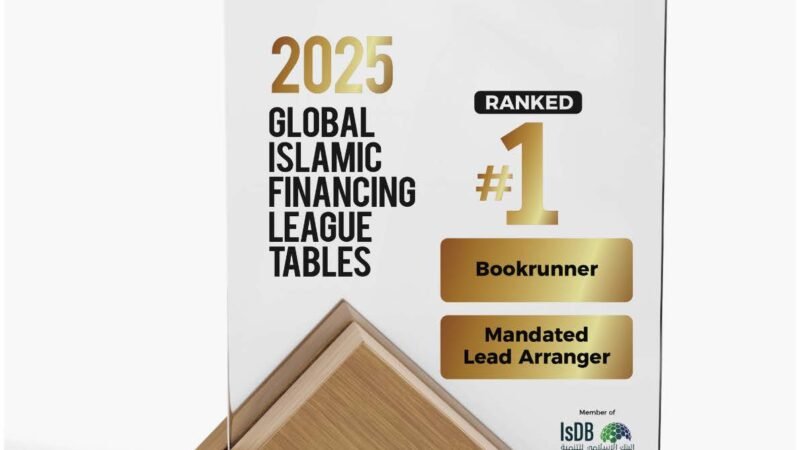Saudi Arabia’s Crackdown on Journalistic Freedom: The Case of Cartoonist Mohammed al-Ghamdi
In a high-profile case highlighting Saudi Arabia’s intensified approach to silencing dissent, Mohammed al-Ghamdi, a prominent cartoonist known for his critical portrayals of Saudi policies, was sentenced to an additional 23 years in prison. This case signals an alarming shift in the kingdom’s tolerance for free expression and draws significant attention to the broader suppression of independent voices under Crown Prince Mohammed bin Salman.
The Case of Mohammed al-Ghamdi: An Unyielding Crackdown
Al-Ghamdi, a cartoonist for Qatar-based Lusail newspaper, was initially sentenced to six years on charges related to his politically charged illustrations. However, a recent Saudi court decision not only increased his sentence to an additional 23 years but also removed his right to appeal. Known for using satire to critique sociopolitical issues within the Gulf region, al-Ghamdi’s works are now viewed by Saudi authorities as hostile to the state—an allegation often applied to journalists and activists within the kingdom.

This extended sentence not only reflects the kingdom’s stance on dissent but is seen by analysts as an attempt to curb influences deemed sympathetic to regional rivals, like Qatar, in an effort to consolidate the country’s political narrative.
Beyond Journalism: Expanding the Targets of Repression
The plight of al-Ghamdi mirrors other cases, such as that of blogger Hatem al-Najjar, detained for his writings earlier this year. Analysts argue these actions are part of a broader Saudi strategy to exert control over media expression, one that extends beyond traditional journalism.
The Saudi government’s view of cartoonists, bloggers, and even social media commentators as potential threats showcases an intent to regulate any narrative that challenges the status quo. According to Yeganeh Rezaian, a researcher at the Committee to Protect Journalists (CPJ), “The severe punishment of individuals like al-Ghamdi marks a shift where even nontraditional journalists face the full force of the law if their content deviates from state messaging.”
A Chilling Effect on Saudi Media Freedom
Since Crown Prince Mohammed bin Salman assumed greater power in 2017, Saudi Arabia has risen to become one of the most restrictive environments for press freedom, now ranking 166 out of 180 in the World Press Freedom Index. Rights advocates argue that the Saudi government’s tactics—including allegations of torture, forced confessions, and extended sentences—are employed to discourage dissent. In fact, Abdullah Alaoudh of the Middle East Democracy Center warns that such actions may aim to cultivate a pervasive fear among journalists and critics, often leaving them little recourse for defense.
The Saudi government’s narrative control efforts have also attracted the attention of international human rights bodies. Recently, the U.N. Working Group on Arbitrary Detention cited Saudi Arabia’s “troubling” escalation of arrests targeting journalists and online commentators. As evidenced by al-Ghamdi’s case, where harsh sentences are imposed for content critical of the government, human rights advocates warn that these policies may pose further threats to free speech in the region.
Saudi International Relations: Press Freedom as a Foreign Policy Dilemma
With Saudi Arabia positioning itself as a partner in the digital age, international observers highlight an emerging double standard. In December, Saudi Arabia will host the Internet Governance Forum, a global event centered on human rights and digital inclusion. However, the kingdom’s internal policies, including its detainment of journalists like al-Ghamdi, directly contradict the principles of online freedom this forum champions.
This paradox has raised questions about the roles of allies such as the United States and the European Union, who continue to negotiate with Saudi Arabia on key geopolitical issues without addressing the kingdom’s growing human rights concerns. Rights groups argue that by prioritizing diplomatic relations and economic interests, global leaders may be overlooking crucial protections for journalists and activists.
Looking Forward: The Future of Expression in Saudi Arabia
As Saudi Arabia increases its influence on the international stage, the repercussions of its domestic policies on free expression and human rights remain critical topics. The cases of Mohammed al-Ghamdi and others like him spotlight a complex issue that could shape the region’s future.
Without significant international pressure, analysts worry that the Saudi government will continue to suppress voices of dissent, leaving minimal space for journalistic freedom. As Alaoudh notes, “International pressure could help bring change, but thus far, the focus has been on strategic alliances, not safeguarding human rights.”
With the kingdom’s commitment to modernization often celebrated in the global arena, the situation faced by Saudi journalists and cartoonists serves as a stark reminder of the challenges ahead in securing genuine press freedom in the Gulf. [VOA News]



